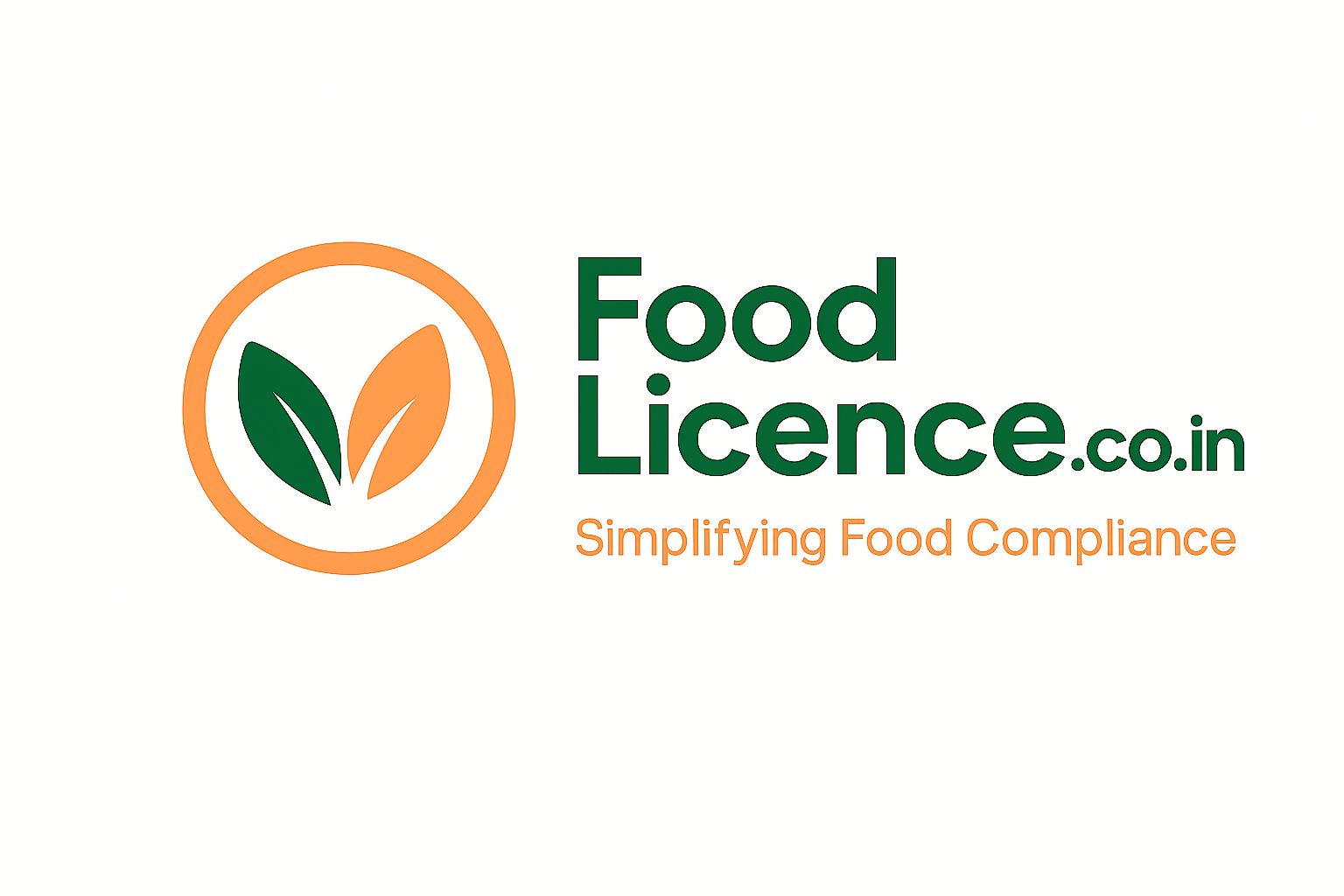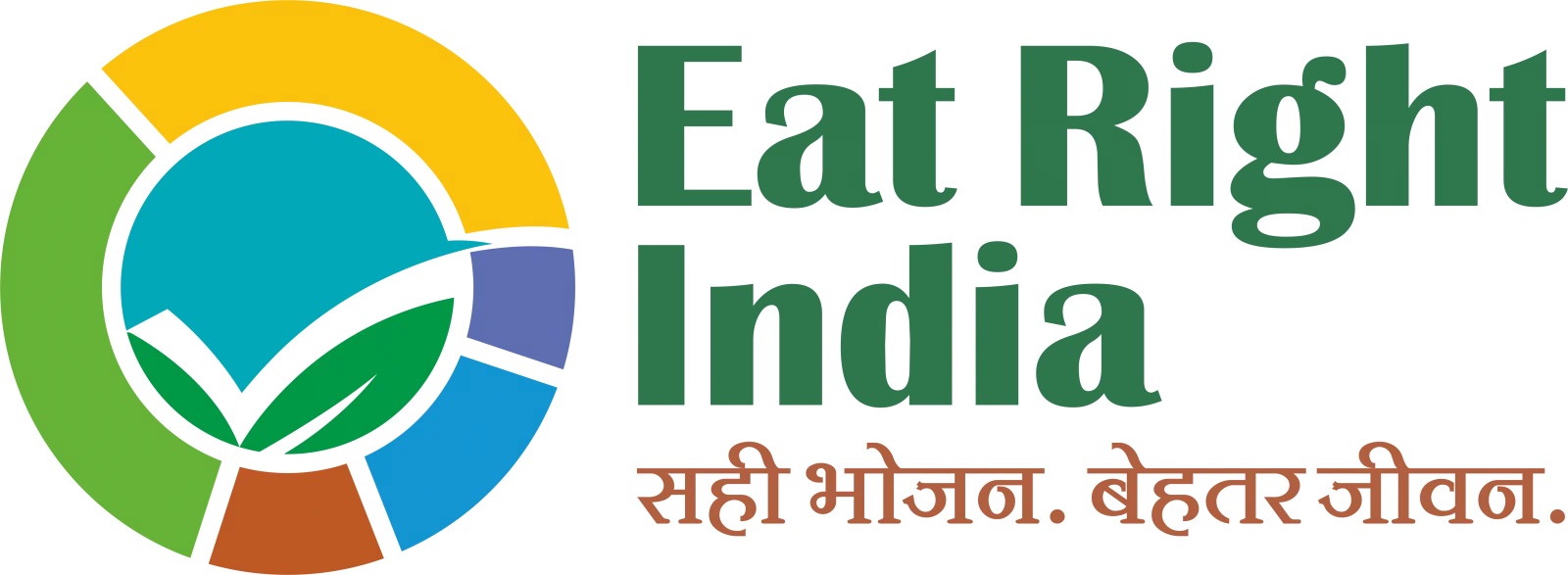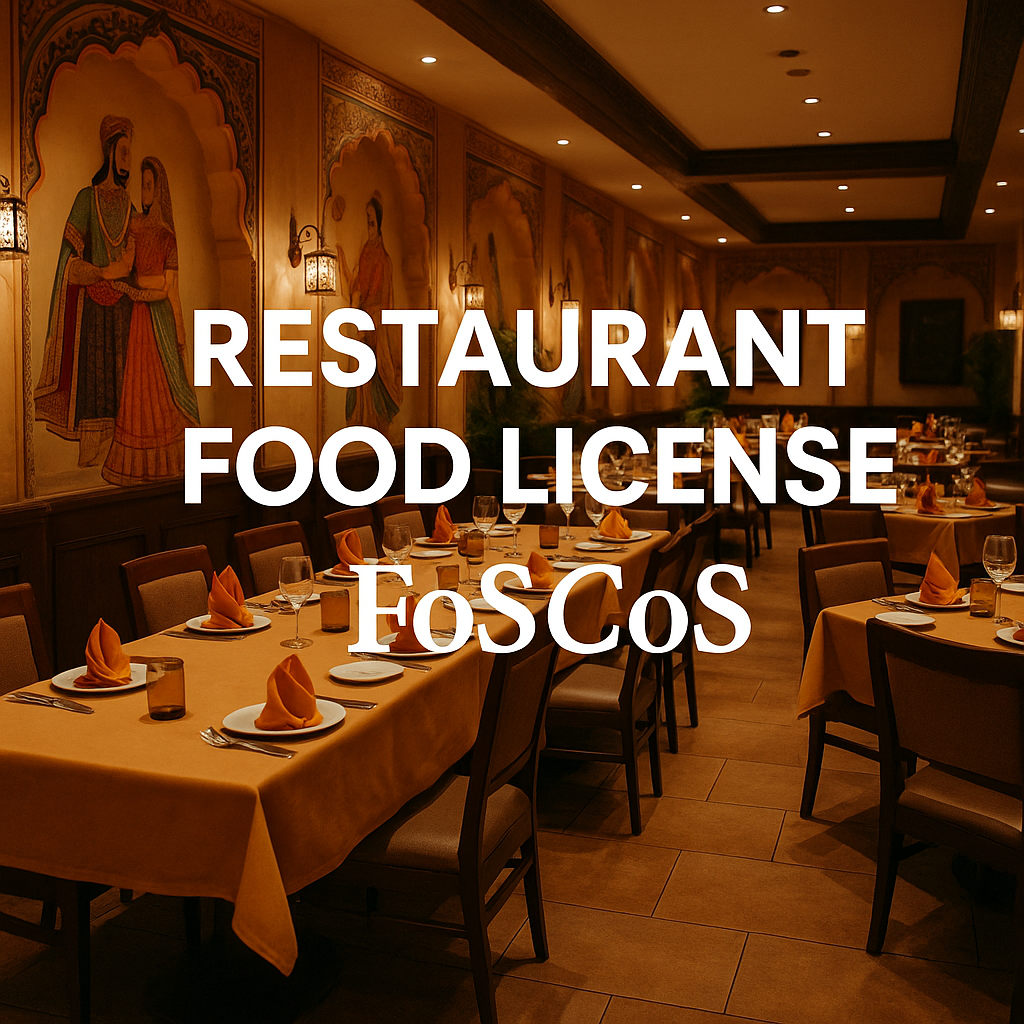
Professional assistance for FSSAI registration and food license applications. We simplify the complex process with expert guidance and document verification.
एफएसएसएआई पंजीकरण आवेदन फॉर्म

Complete FSSAI licensing solutions for your business
Complete assistance for new FSSAI license applications with document verification
Hassle-free renewal process for your existing FSSAI license before expiry
Register your restaurant, cafe, or food establishment with proper licensing
Renew your eating house license to continue operations legally
Simple process to get your FSSAI license
Submit your application with required documents through our secure online platform
Secure payment processing with multiple payment options for your convenience
Receive your digitally signed FSSAI license directly in your inbox
Essential documents needed for FSSAI license application
Step-by-step process and expected timeline for FSSAI license
Gather all required documents and ensure they are properly scanned and formatted.
Fill out the FSSAI application form with accurate business and personal details.
Upload all required documents in the specified format and size limits.
Pay the required government fees through secure online payment gateway.
FSSAI authorities review and verify your application and documents.
Receive your FSSAI license certificate via email and download portal.

For small food businesses with turnover up to ₹12 lakhs
For medium businesses with turnover ₹12 lakhs to ₹20 crores
For large businesses with turnover above ₹20 crores
Timeline may vary based on document completeness, government processing time, and any additional verification requirements. We provide regular updates throughout the process.
Everything you need to know about FSSAI licensing in India
Food Safety and Standards Authority of India (FSSAI) is a statutory body established under the Ministry of Health & Family Welfare, Government of India.
FSSAI license is mandatory for all food businesses in India to ensure food safety and build consumer trust.
FSSAI offers three types of licenses based on business size and turnover.
| License Type | Turnover Range | Validity |
|---|---|---|
| Basic Registration | Up to ₹12 Lakhs | 1-5 Years |
| State License | ₹12 Lakhs - ₹20 Crores | 1-5 Years |
| Central License | Above ₹20 Crores | 1-5 Years |
Note: Additional service charges may apply for professional assistance and document preparation. Government fees are subject to change as per FSSAI notifications.
Detailed information about FSSAI licensing and regulations
The FSSAI provides three types of licences based on the scale of the business. These are:
For businesses with an annual turnover of up to Rs. 12 lakh.
For medium-scale businesses with an expected annual turnover of more than Rs. 12 lakh to Rs. 20 crores.
For large-scale businesses with an expected annual turnover of more than Rs. 20 crore.
प्रत्येक व्यवसाय जिसका भोजन से संबंधित कारों से कुछ लेना-देना है, उसे यह सुनिश्चित करना होगा कि वे FSSAI लाइसेंस या पंजीकरण दिशानिर्देशों के अंतर्गत आते हैं। कुल मिलाकर, वे मानव उपभोग के लिए सुरक्षित और पौष्टिक भोजन की उपलब्धता सुनिश्चित करने के लिए निर्माण, भंडारण, वितरण, बिक्री और आयात को नियंत्रित करने के लिए मानक निर्धारित करते हैं।
Food Safety and Standards Authority of India is an autonomous body established under the Ministry of Health and Family Welfare, under the Government of India. It is headed by a non-executive Chairperson, appointed by the Central Government, either holding or has held the position of not below the rank of Secretary to the Government of India. Being in charge of the entire country, they have their main office located in Delhi. They also have smaller regional offices across the country, like in Delhi, Guwahati, Mumbai, Kolkata, Cochin, and Chennai.
Each Indian state has its own State FSSA under the Act. Every FSSAI registration and State FSSAI license are issued by the state FSSA in which business operations are set up. The central FSSAI license is issued by the main FSSA authority.
FSSAI देश भर में खाद्य सुरक्षा को विनियमित और पर्यवेक्षण करके सार्वजनिक स्वास्थ्य को बनाए रखता है। वे खाद्य सुरक्षा और मानक अधिनियम, 2006 के दिशा-निर्देशों का पालन करते हुए ऐसा करते हैं जो कि खाद्य सुरक्षा और विनियमों के बारे में जानकारी वाला एक अधिनियम है।
फसे पूरे देश में बहुत से महत्वपूर्ण भूमिकाएं निभाता हैं:


They handle a lot of smaller tasks throughout the country, but their most significant roles are:
Every business that has something to do with food-related operations has to make sure that they fall within FSSAI Licence or Registration guidelines. Overall, they lay down standards to regulate the manufacture, storage, distribution, sale and import to ensure availability of safe and wholesome food for human consumption. The criteria for getting a licence would depend on a couple of variables:
With the introduction of the FSSAI, several smaller and narrower laws were replaced:
The FSSAI Act planned on establishing a network that helps all consumers, panchayats, local authorities, etc. to dispense speedy and reliable information about food safety across the country, while also creating a single authority and point of contact for all matters relating to food safety and standards.
According to the new regulations of FSSAI, food businesses are not allowed to use or modify words like fresh, natural, pure, authentic, genuine, traditional or real on their food labels or packaging unless the products are not processed, or only peeled, chilled, washed, or trimmed.
The FSSAI license number is a 14-digit number that must be printed on all the food packaging by a business that is registered under the FSSAI. A business that fails to print its FSSAI number on packages may face heavy penalties.
Simpler rules that the FSSAI have made mandatory to follow are:
Click on any state to get FSSAI license information and official government portals
राज्य पर क्लिक करें और FSSAI लाइसेंस की जानकारी प्राप्त करेंAlthough it takes about two months to apply through the FSSAI and get a licence, post that, products take about 6 months to be approved by them and thereby launched into the market. Post this approval process, they would be allowed to use the FSSAI logo on their packaging. Additionally, this also means that they match all the other requirements of the FSSAI.
Any permanent or temporary establishment that sells food can be termed as an eating house. These could be shops, restaurants, dhabas, food trucks, street food shops, bars, clubs and the likes. Additionally, food or refreshments of any kind, not including spirits, wines, beer, or other forms of malt liquors are sold for consumption. If liquors are being served or sold, the procedures change significantly since there are additional licences and liquor permits that are needed.
भोजन बेचने वाले किसी भी स्थायी या अस्थायी प्रतिष्ठान को ईटिंग हाउस कहा जा सकता है। ये दुकानें, रेस्तरां, ढाबे, खाद्य ट्रक, स्ट्रीट फूड की दुकानें, बार, क्लब और जैसे हो सकते हैं। इसके अतिरिक्त, किसी भी प्रकार का भोजन या जलपान, जिसमें स्प्रिट, वाइन, बीयर या अन्य प्रकार की माल्ट शराब शामिल नहीं है। यदि लाइसेंस के बगैर शराब परोसी जा रही है या बेची जा रही है, तो प्रक्रियाओं में काफी बदलाव होता है।
For any of the above-mentioned establishments to legally run and operate, they would need to apply for a licence and permit. This is a mandatory requirement and not something that they can choose to apply for. Made compulsory through the Delhi Police Act, if places are trying to function without the necessary paperwork, they could find themselves shut down permanently, their equipment confiscated and massive fines imposed. These licences have to be applied for under the state or city headquarters. The registration authority concerning Eating House Licenses is the Commissioner of Police and would have to handle this in their respective state.
उपर्युक्त में से किसी भी प्रतिष्ठान को कानूनी रूप से चलाने और संचालित करने के लिए लाइसेंस और प्रमाण के लिए आवेदन करना होगा। यह एक अनिवार्य आवश्यकता है। दिल्ली पुलिस अधिनियम के माध्यम से लाइसेंस का होना अनिवार्य बना दिया गया, यदि स्थान आवश्यक कागजी कार्रवाई के बिना काम करने की कोशिश कर रहे हैं, तो वे खुद को स्थायी रूप से बंद कर सकते हैं, उनके उपकरण जब्त किए जा सकते हैं और भारी जुर्माना लगाया जा सकता है। इन लाइसेंसों के लिए राज्य के शहर मुख्यालय के तहत आवेदन करना होगा। ईटिंग हाउस लाइसेंस से संबंधित पंजीकरण प्राधिकरण पुलिस आयुक्त है और इसे अपने संबंधित राज्य में इसे संभालना होगा।
In an effort to create awareness about food and its safety, the FSSAI has provided the common man with all the information they could need about various products that they purchase. All the information is not mandatory added to the packets so they can no longer be duped. Furthermore, they even force companies to recall their food and execute random inspections. Additionally, if companies try to make changes, they could get in trouble and if they do not register, they could be penalised for selling to the public.
Any individual planning on opening or running a restaurant or eatery would have to apply for an eating house licence as one of their basic requirements.
हालांकि FSSAI के माध्यम से आवेदन करने और लाइसेंस प्राप्त करने में लगभग दो महीने लगते हैं, उसके बाद, उत्पादों को उनके द्वारा अनुमोदित होने में लगभग 6 महीने लगते हैं और इस तरह बाजार में लॉन्च किया जाता है। इस अनुमोदन प्रक्रिया के बाद, उन्हें अपनी पैकेजिंग पर FSSAI लोगो का उपयोग करने की अनुमति दी जाएगी। इसके अतिरिक्त, इसका यह भी अर्थ है कि वे FSSAI की अन्य सभी आवश्यकताओं से मेल खाते हैं।
खाद्य और इसकी सुरक्षा के बारे में जागरूकता पैदा करने के प्रयास में, एफएसएसएआई ने आम आदमी को वह सारी जानकारी प्रदान की है जिसकी उन्हें विभिन्न उत्पादों के बारे में आवश्यकता हो सकती है जिसकी उन्हें खरीदे गए उत्पादों के बारे में आवश्यकता हो सकती है। सभी सूचनाओं को पैकेट में जोड़ना अनिवार्य है, इसलिए ग्राहक को अब धोखा नहीं दिया जा सकता है।